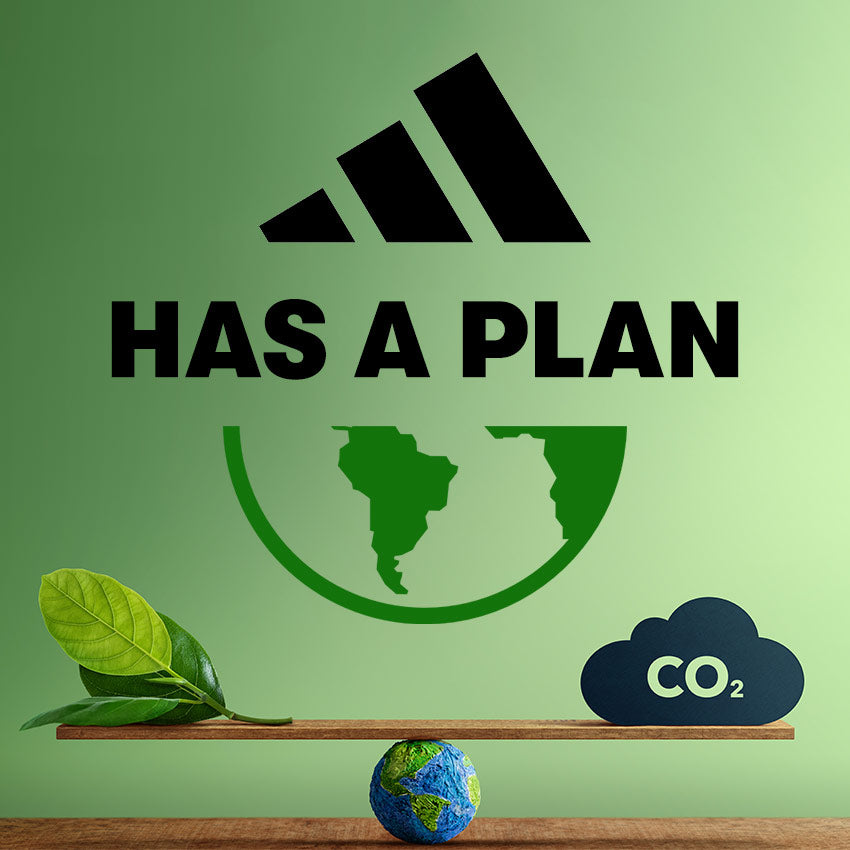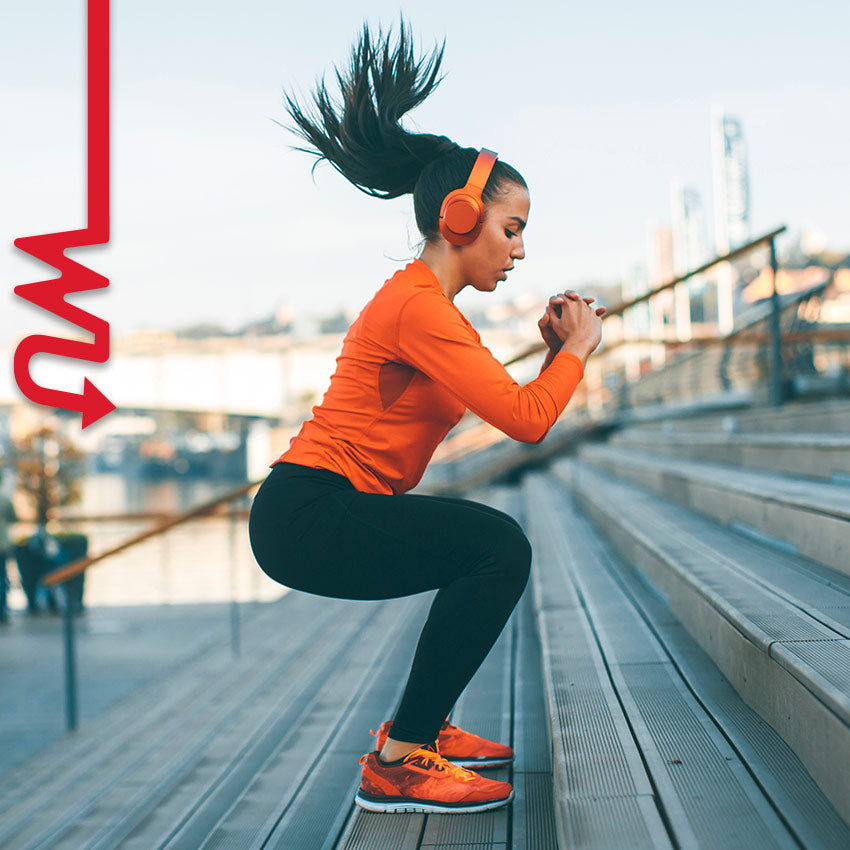adidas has been a sustainable change leader for almost 20 years. They were the first to introduce eco-innovations to the public and have now pioneered the industry with their sustainability plan for 2050. Find out what adidas’ plans are for the future of our planet and how they’re doing it- and why we also believe that the most powerful impact is working towards our goal of sustaining our planet.
adidas’ Climate-Neutral Sustainability Plan by 2050:
adidas, the athletic goods titan, has set big aspirations for itself. Only recycled plastic will be used beginning in 2024, and by 2050, all products will be climate-neutral. The company's own plan is distinguished by the "three-loop approach," which partner Parley also contributes to, as well as the promotion of a sustainable lifestyle among clients. In an age of global warming, the concept of sustainability is becoming increasingly significant across the world, and there is a growing sense of responsibility for the environment among both customers and businesses. "Now we need to be part of the solution - not the issue," says Carla Murphy, general manager of adidas Corporate Social Responsibility. They are working way beyond merely producing sportswear and running shoes. They are working toward a much bigger picture, to eventually sustain making its goods for years and years to come.
adidas’ Goal:

To achieve the overall aim, there must be milestones. The first is titled "End Plastic Waste." Plastic bags and plastic in the company's own headquarters have long been phased out, but adidas has yet to achieve this target for its products. adidas' goods will contain more than 60% recycled polyester. adidas has pledged to use entirely recycled polyester beginning in 2024. The marks 'Primeblue' and 'Primegreen' identify items created from recycled materials. They avoid waste and protect natural resources while providing complete functionality and durability in sports. The adidas team places a major emphasis on durability in the current collection. To that purpose, the goods were created in collaboration with extreme athletes to be tested in the most

extreme circumstances conceivable. Glaciers influenced the color palette (white, blue, brown-reddish).
adidas will keep increasing its vegan product line. Sustainability, according to adidas, includes using less plastic and less animal material. Adidas released vegan versions of various classics, like the adidas Stan Smith, in 2020, and they rapidly became bestsellers. This year, adidas aims to break new ground: in collaboration with partners, adidas is creating a new material, a totally biological leather substitute created from mycelium, which will be used in the manufacturing of footwear for the first time
The Three-Loop Strategy:

The three pillars that will ensure product sustainability in the future:
- Recycled Loop (use recycled plastic instead of new plastic).
- Circular Loop (products that can be directly recycled after being thrown away)
- Regenerative Loop (products made from natural materials such as cells or proteins that can be returned to nature at the end of their life)
Although development is still in its early stages, a prototype for a windbreaker for the Circular Loop has already been created. The Regenerative Loop is presently under development.
adidas Partnerships and Collaborations:

Promoting Sustainability:

adidas not only wants to operate responsibly with its goods, but it also wants to encourage a particular sustainable lifestyle among those who buy them. The company intends to promote sports and so enhance everyone's health. To that purpose, it currently has programs on practically every continent, including the adidas Runners Community, which provides a running community in numerous places and is committed to the following: "We run with each other - not against each other - pushing each other to reach personal bests." Personal progress, they believe, extends beyond the finest moments. Another adidas campaign encourages individuals to engage through tournaments such as the Infinite Trails.
Climate change, pollution, plastic waste, water pollution—you name it, it's happening to our planet and part of being a leader entails knowing that our mission is greater than ourselves. To truly impact industry transformation and establish a better future for our next generations, we must go outside our comfort zones and think ahead. For almost 70 years, adidas has made and is continuing to make a substantial impact in the sports industry, and we hope to one day leave our mark, positively on the planet as well. But just like it is adidas’ philosophy is offering side support to the planet, it is also our goal at WayUp Sports. We are proud that we offer like-minded institutions and brands that sustain the same vision as we do. Baby steps are the first building blocks to reach a higher level, and we began initiating our part to the planet by using only bio-degradable packaging when delivering our products. We aspire to include much more in the future because we long for a healthier, more sustainable, and more efficient world for the generations yet to come and our eco-systems already existing.
Written by: Alia Sherif
















Leave a comment
This site is protected by hCaptcha and the hCaptcha Privacy Policy and Terms of Service apply.